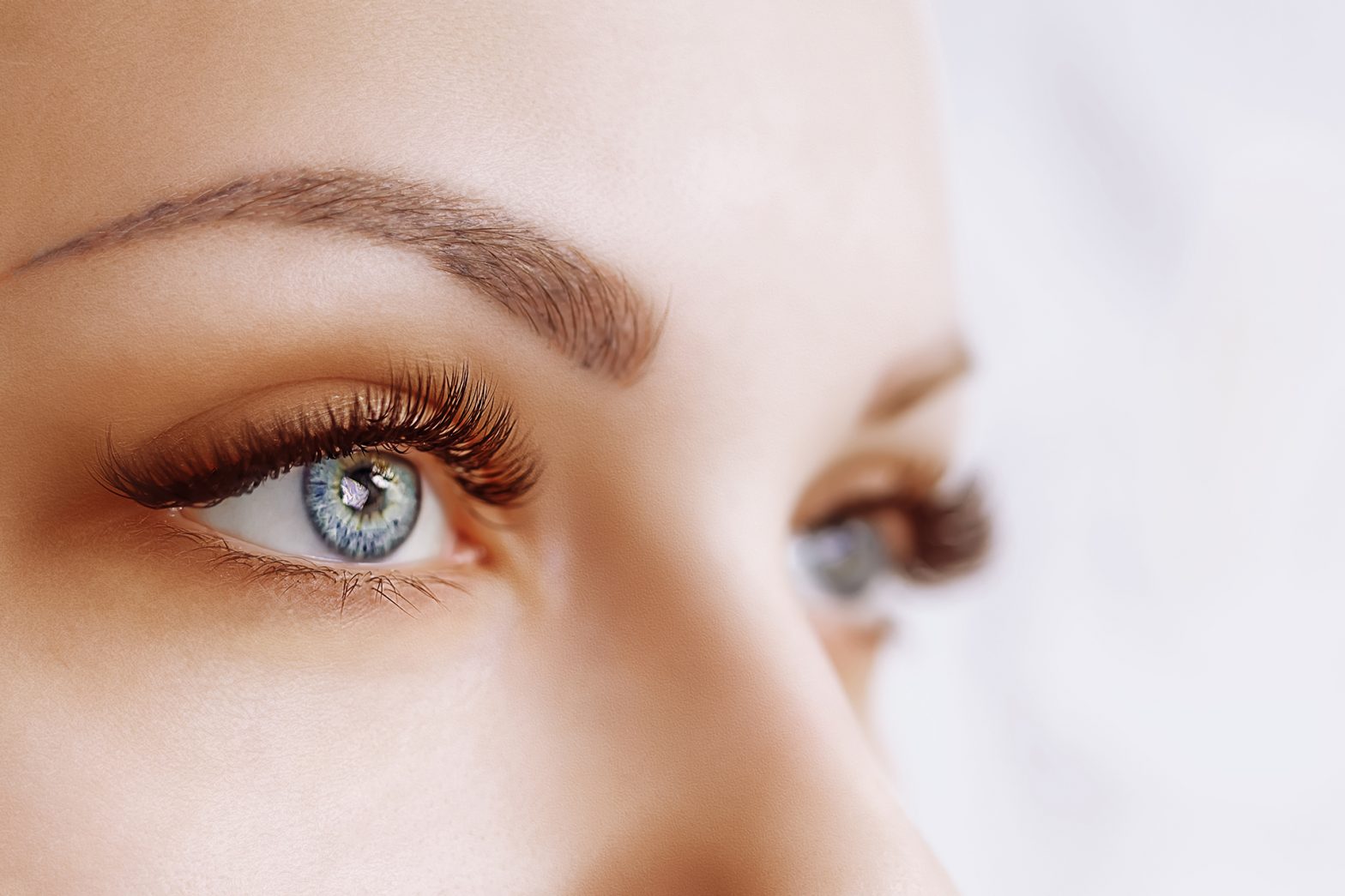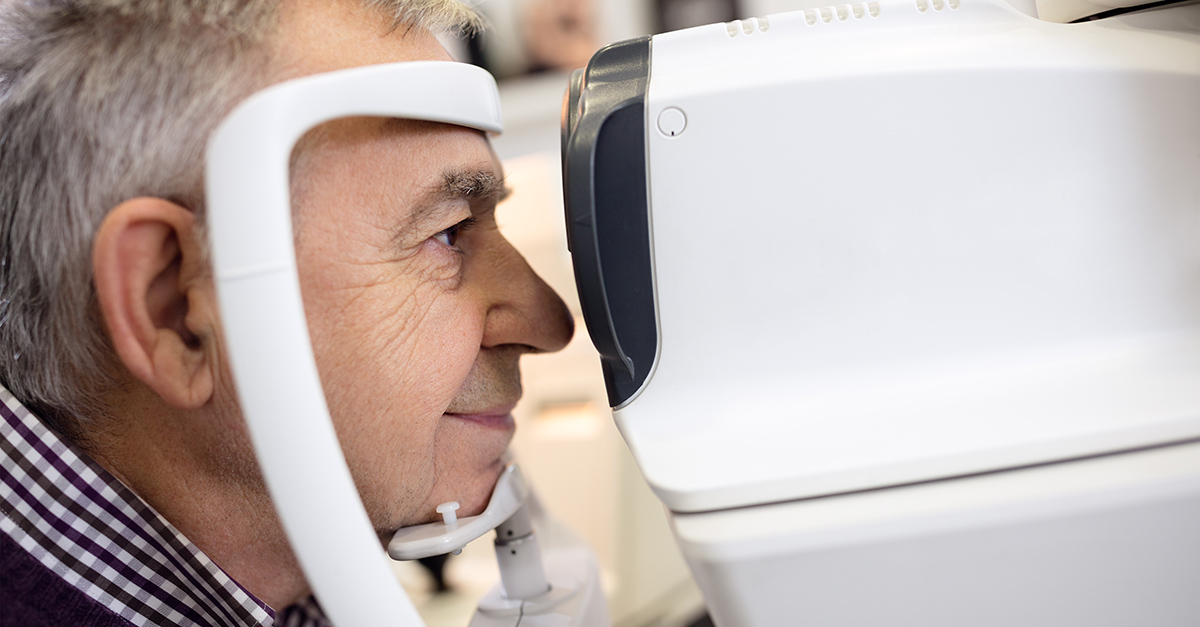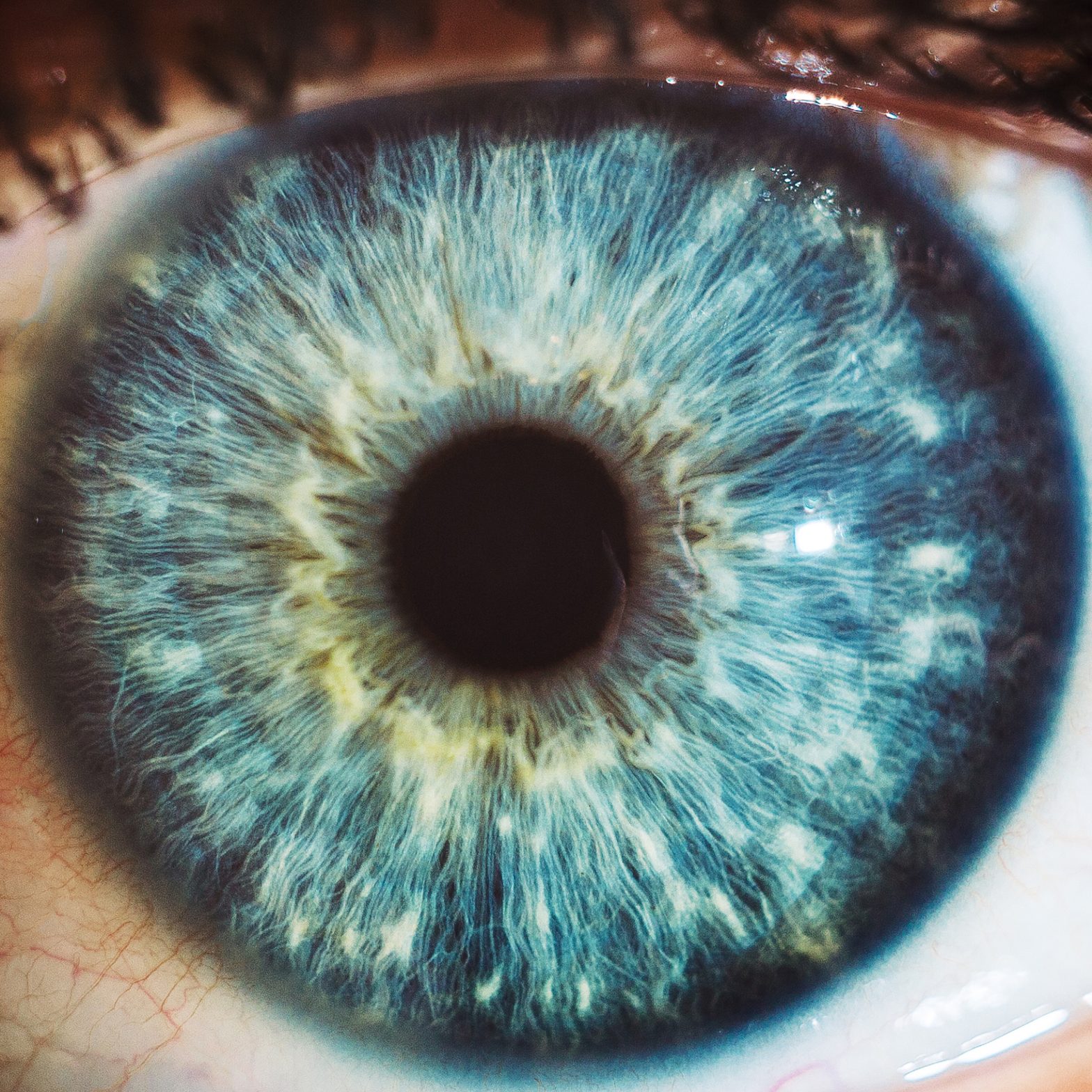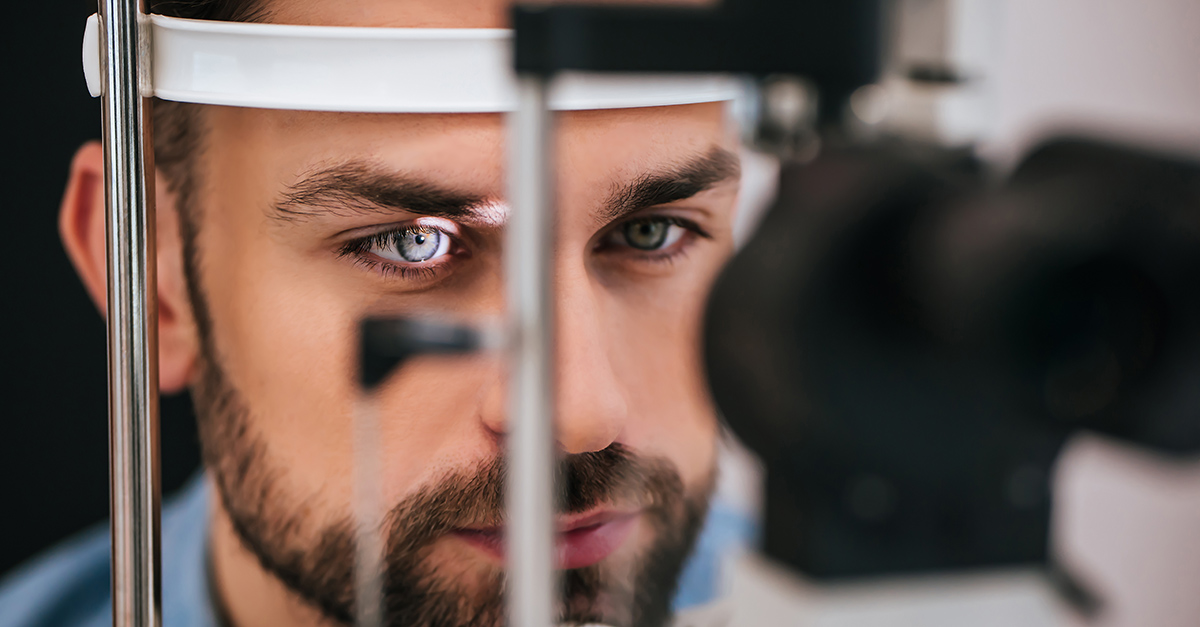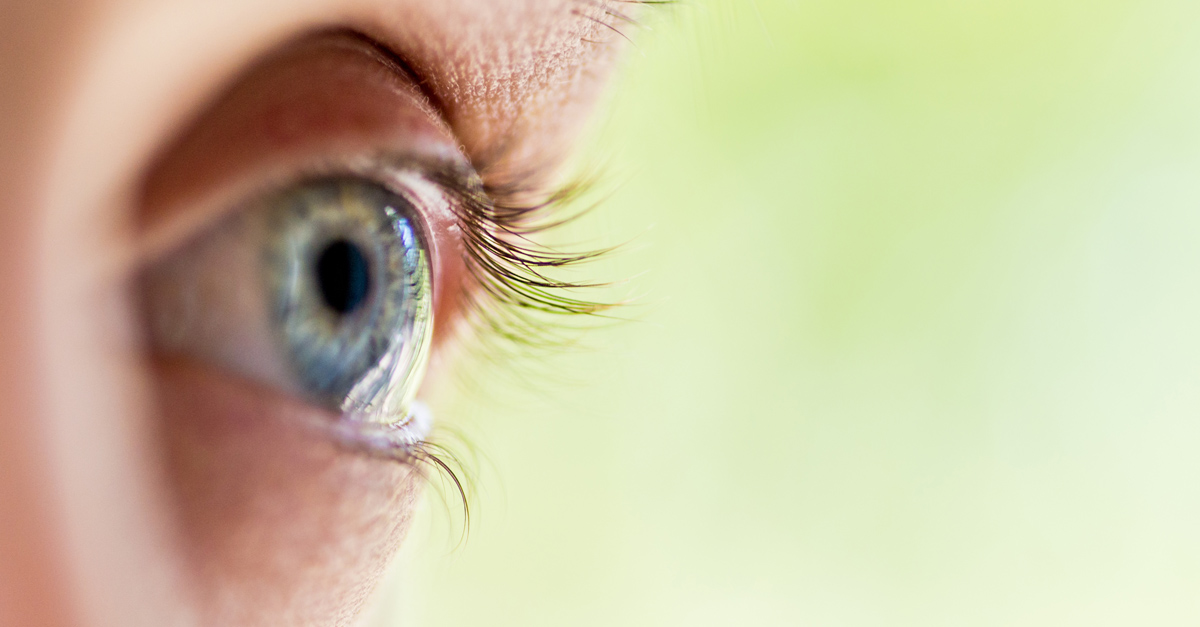How to Prevent Dry Eyes When Wearing Contact Lenses Dry eyes can be uncomfortable and even painful. In most instances, contact lenses don’t cause dry eyes directly, but will only make existing symptoms much worse. This is particularly true during the night when most patients experience symptoms associated with dry eye syndrome. Fortunately, there are …
Continue reading “How to Prevent Dry Eyes When Wearing Contact Lenses”

